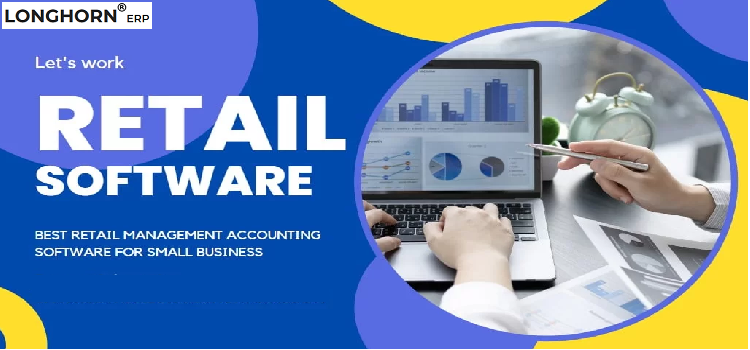In today’s dynamic retail landscape, staying competitive requires more than just stocking shelves and offering competitive prices. Consumers now demand seamless shopping experiences across various channels, personalized interactions, and instant gratification. To meet these evolving needs, retailers are turning to advanced technology solutions, particularly retail software, to streamline operations, enhance customer experiences, and drive growth. Let’s delve into the transformative power of retail software and its impact on the industry.
Streamlined Operations:
Retail software solutions offer comprehensive tools to manage various aspects of retail operations efficiently. From inventory management and supply chain optimization to point-of-sale (POS) systems and employee scheduling, these platforms streamline processes, reduce manual errors, and improve overall productivity. With real-time insights into stock levels, sales performance, and customer preferences, retailers can make data-driven decisions to optimize operations and maximize profitability.
Enhanced Customer Experiences:
In the age of omnichannel retailing, providing exceptional customer experiences is paramount. Retail software enables retailers to deliver personalized shopping experiences across online and offline channels. Through customer relationship management (CRM) features, retailers can track customer interactions, preferences, and purchase history to tailor promotions, recommendations, and loyalty programs. Additionally, integrated e-commerce platforms and mobile applications allow customers to shop conveniently anytime, anywhere, while advanced analytics help retailers understand and anticipate consumer behavior to better meet their needs.
Improved Inventory Management:
Effective inventory management is crucial for minimizing stockouts, reducing excess inventory costs, and optimizing cash flow. Retail software offers advanced inventory management capabilities, including real-time tracking of stock levels, automated replenishment, and demand forecasting. By synchronizing inventory data across multiple sales channels and locations, retailers can ensure product availability, minimize overstocking, and enhance order fulfillment efficiency. Moreover, integration with suppliers and logistics partners streamlines the procurement process, facilitating timely deliveries and reducing supply chain disruptions.
Data-Driven Decision Making:
Retail software empowers retailers with actionable insights derived from vast amounts of data generated across various touchpoints. Advanced analytics tools provide valuable metrics and performance indicators, such as sales trends, customer demographics, and product performance. By analyzing this data, retailers can identify opportunities for growth, optimize pricing strategies, and tailor marketing campaigns to target specific customer segments. Moreover, predictive analytics capabilities enable retailers to forecast demand, anticipate market trends, and mitigate risks, fostering agility and adaptability in a rapidly changing retail environment.
Scalability and Flexibility:
As retail businesses evolve and grow, scalability and flexibility become essential factors in choosing software solutions. Retail software platforms offer scalability to accommodate increasing transaction volumes, expanding product catalogs, and growing customer bases. Cloud-based solutions, in particular, provide flexibility by allowing retailers to access and manage data securely from anywhere, on any device. Additionally, modular software architecture enables retailers to customize and integrate additional features and functionalities as their business needs evolve, ensuring long-term viability and competitiveness.
Conclusion
In retail software solutions are revolutionizing the retail industry by enabling retailers to streamline operations, enhance customer experiences, and drive growth. By embracing these innovative technologies, retailers can stay ahead of the curve, adapt to changing consumer preferences, and thrive in an increasingly competitive market landscape. As the retail landscape continues to evolve, investing in robust and scalable retail software solutions will be paramount for retailers seeking to remain relevant and successful in the digital age.

